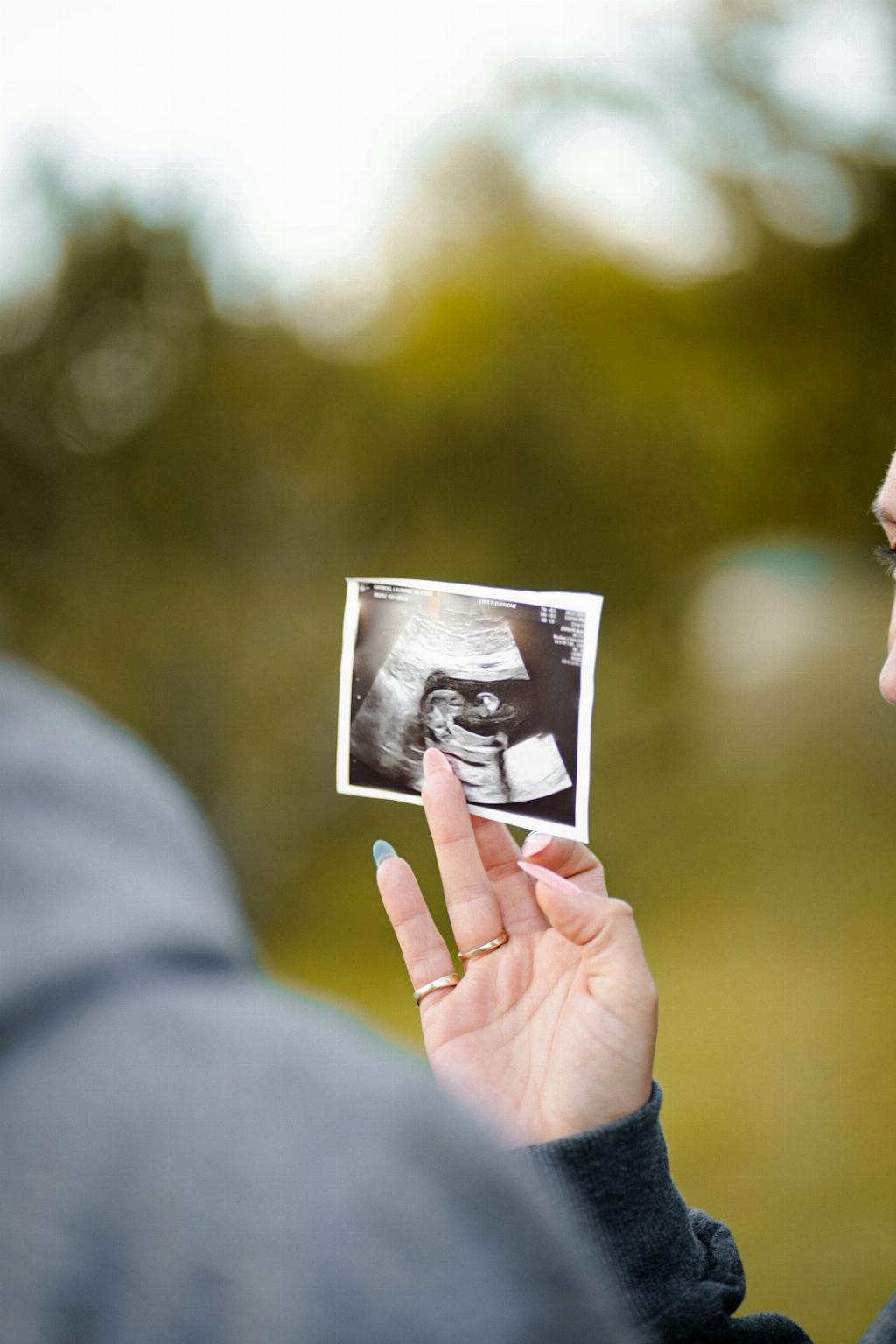When it comes to medical decisions during pregnancy, caution is paramount. Haloperidol, a typical antipsychotic medication, poses significant risks to fetal development when used during pregnancy. Studies have highlighted a disturbing connection between haloperidol use and severe limb reduction defects in newborns. These findings have led healthcare providers to strongly advise against the use of haloperidol in pregnant individuals. Understanding the reasons behind this contraindication is crucial for both expectant mothers and healthcare professionals.
During pregnancy, the developing fetus is vulnerable to the effects of medications ingested by the mother. Haloperidol, known for its ability to cross the placental barrier, exposes the fetus to potential harm. The risk of limb reduction defects, where limbs do not fully form or develop correctly, is a serious concern associated with haloperidol use in pregnancy. This risk factor alone underscores the importance of avoiding this medication during gestation to safeguard the well-being of the unborn child.
Furthermore, the effects of antipsychotic medications like haloperidol on lactating mothers and nursing infants are not to be overlooked. While research on this topic is ongoing, reports suggest that the use of certain antipsychotics, such as chlorpromazine, can lead to adverse effects in breastfed infants. Symptoms like drowsiness and lethargy observed in infants exposed to these medications through breast milk raise concerns about the potential risks of haloperidol use during the breastfeeding period.
Given the risks associated with haloperidol use in pregnancy, healthcare providers must weigh the benefits of the medication against its potential harms. Safeguarding the health and development of both the mother and the unborn child is paramount in making informed treatment decisions. While haloperidol may be an effective treatment for certain mental health conditions, its contraindication in pregnancy underscores the need for alternative treatment options that pose minimal risk to the developing fetus.
It is essential for pregnant individuals to engage in open and honest discussions with their healthcare providers regarding the use of medications during pregnancy. Understanding the potential risks and benefits of medications like haloperidol allows expectant mothers to make informed decisions about their treatment options. By working closely with healthcare professionals, pregnant individuals can explore alternative therapies that are safe and effective for managing their mental health needs while prioritizing the well-being of their unborn child.
In conclusion, the contraindication of haloperidol in pregnancy is grounded in the significant risks it poses to fetal development. The documented association between haloperidol use and severe limb reduction defects underscores the importance of avoiding this medication during gestation. Furthermore, the potential effects of antipsychotic use in lactating mothers on breastfeeding infants highlight the need for caution when considering medication options during the postpartum period. Ultimately, prioritizing the health and safety of both the mother and the unborn child is paramount in navigating treatment decisions during pregnancy.

